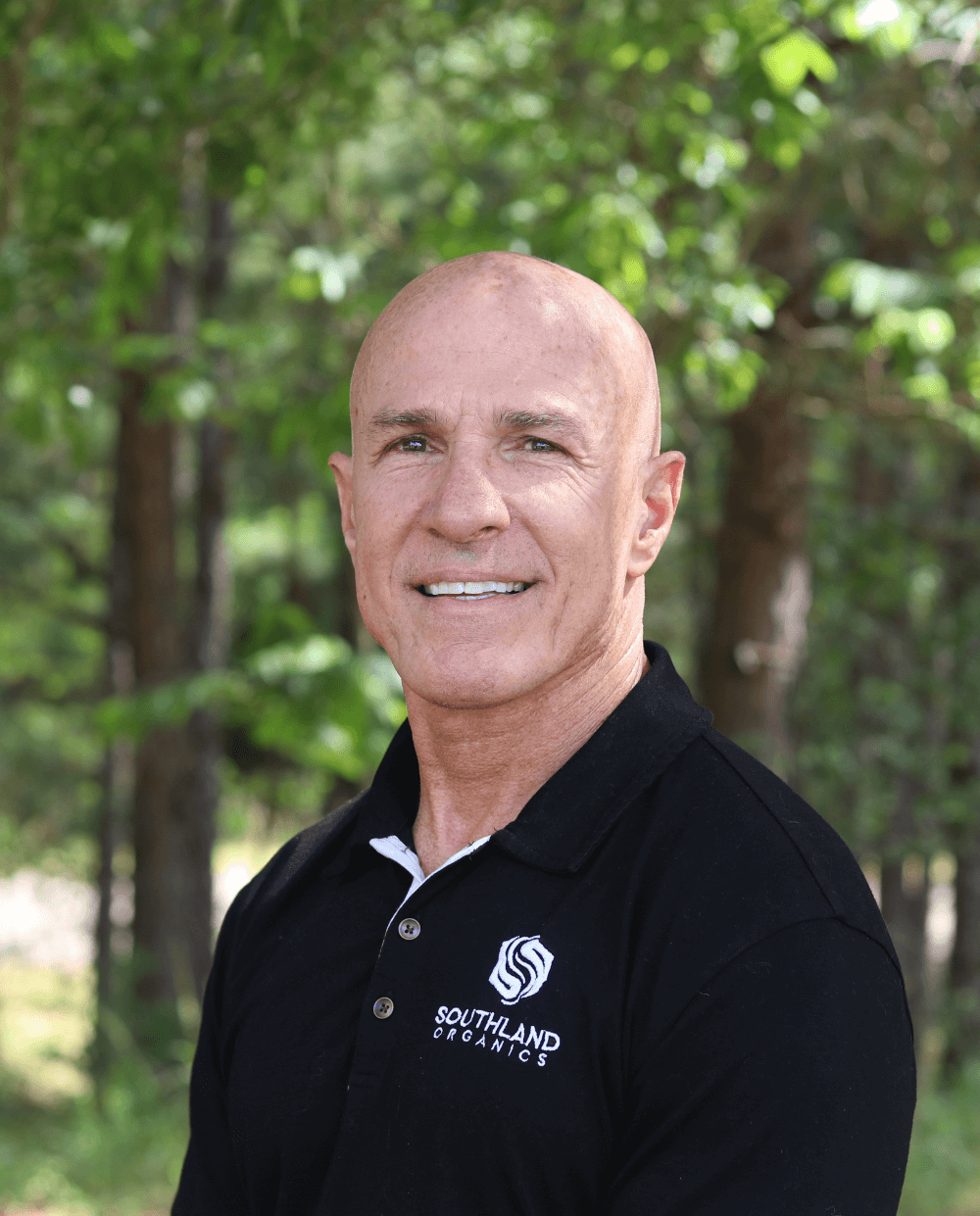You and I both know there are many factors that affect the feed conversion ratio. And a lot of them don't even have to do with the feed or the weight of the bird. Are the scales at the feed mill accurate? Did the truck driver get all the feed off of the truck? Did the driver get the right feed in the right bin? Did you get your load? Did you get somebody else's load?
The list goes on and on. Unfortunately, all of these factors are out of your control. But there are some things you can control, like maintaining the ideal ambient temperature in your poultry houses to keep your birds cool.
University Field Study on Body Temperature and Weight Gain

A field study by Dr. Brian Fairchild at the University of Georgia (here in our hometown of Athens—go dawgs!) looked at the relationship between weight gain and body temperature in broilers.
Researchers conducted the study on eight 34-day-old birds during the last week of grow out. To measure each bird's internal body temperature every minute, the birds ingested a small temperature logger.
The birds were weighed at the beginning of the study and then again five days later. According to Modern Poultry, "To maintain the same number of birds per square foot as the rest of the house, researchers added an extra 20 birds to the pen. They also measured house air temperature, relative humidity and airspeed every minute. Temperatures ranged from the mid-70s to mid-80s F and airspeed averaged approximately 500 ft/min over the duration of the study."
Background
Through natural processes like digestion, a fast-growing broiler produces roughly 10 British thermal units (BTUs) per hour per pound of body weight. That's quite a bit, especially compared to the fact that burning one matchstick produces only one BTU per hour.
With that many BTUs, birds need to get that body heat out. High body temperature makes birds attempt to release body heat in several ways. A common way that birds release body heat is by panting. When you see your birds panting, you know that means they're too hot and trying to cool themselves off. In an effort to release excess heat, birds also open up their wings to allow air flow from cooler surrounding air.
Like humans, birds don't have as much of a desire to eat when they have a relatively high body temperature in hot weather—and we see the effects of that in the study's findings.
Findings
At the conclusion of the study, they found that birds that were able to maintain temperatures of 106–106.5°F, which is a normal chicken's body temperature, were able to eat well and gained up to 1.3 pounds during the last week.
Out of the two birds with body temperatures over 108°F, one bird didn't gain weight and the other bird actually lost weight. So, now you're going backwards with a weight loss instead of weight gain.
Fans on Cooler Summer Nights

While some growers get concerned about keeping fans running on cooler summer nights for fear of "chilling" the birds, Dr. Fairchild says it's still important to keep fans running. That way, the heat produced by the birds gets removed from the house.
According to Modern Poultry, "Fairchild says birds can expend a lot of energy trying to keep cool, but in most cases, being too cool isn’t a concern when talking about birds that are four weeks of age or older during hot weather." Birds are able to heat themselves back up if they're on the cooler side of comfortable a lot easier than cool themselves down if they're on the hotter side of comfortable, so there's no need to worry about the fans causing too cold temperatures.
One way that birds heat themselves back up is by fluffing up their feathers to trap warm air (they do this during cold weather!), but cooling themselves down isn't so simple. That's why it's best to keep fans running at night to make sure excess heat is removed from the house. This helps maintain both ideal environmental temperature and chicken body temperature.
Control What You Can Control
What does all of this mean? We can only control what we can control.
I encourage you to think beyond the maintenance tasks associated with cooling your houses. Keeping the fans and cool cells going isn't only to keep the birds from experiencing heat stress. It comes down to this: Since your birds' body temperature affects their feed conversion and in turn weight gain, their body temperature can actually impact your check. Let that be your strong motivation to check your fans, pulleys and belts to move air through the houses to keep your birds cool!
Contact Us
If you have any questions or ideas for future videos, give me a holler at 800-608-3755 or allen@southlandorganics.com. Until next time!
Resources
UGA Poultry House Environmental Management and Energy Conservation






